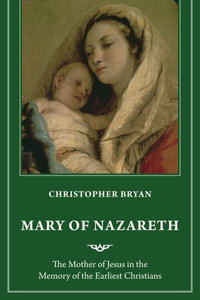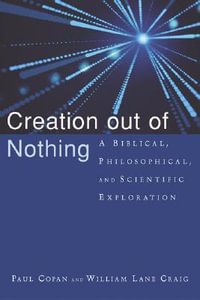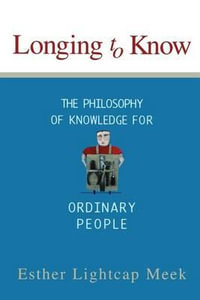Climate change, species loss, and the pollution of our air, water, and soil all indicate that humans have failed in their God-given mandate to care for the earth. Some Christians see these as signs of the "end times" and beyond our control. This book goes back to the beginning of creation to examine humanity's God-given vocation to care for creation as an expression of holiness. Human power and agency have their limits in a world where God has ordered things for the flourishing of all creatures. The current environmental crisis is understood as the consequence of not respecting these limits. Instead of passive acceptance of the present crisis, the church is encouraged to work for the common good of the whole creation.
Industry Reviews
“In From Creation to Canaan, Mick Pope brings a rare combination of expertise, in meteorology and the Hebrew Bible, to approach vital questions of the Anthropocene, humanity’s impact on the Earth system. Through the themes of sacred space, sacred time, and the Hebrew Bible’s conception of Earth, these ancient texts are explored with sensitivity and careful scholarship and brought to life in critical reflection on our contemporary context.”
—Rachelle Gilmour, associate professor of Old Testament, Trinity College, University of Divinity
“Mick Pope brings a unique combination of skills to a pressing multidisciplinary topic, combining his research in climatology with detailed attention to the Holiness traditions in the Pentateuch. This work provides a startling new perspective on the creation theologies in the Hebrew Bible and will be essential reading for anyone interested in ecological hermeneutics.”
—Mark G. Brett, professor of Hebrew Bible, Whitley College, University of Divinity
“Mick Pope’s work combines scientific insight into the Anthropocene, a concern for current ideas among churchgoers, and biblical scholarship. The result is a Christian ethics that is grounded in both Scripture and science. Or, as Pope writes in his conclusion, it suggests a form of worship that is ‘thoroughly ecological and economic.’”
—Mari Joerstad, professor of Hebrew Bible, Vancouver School of Theology
























